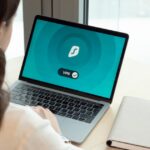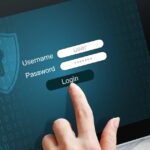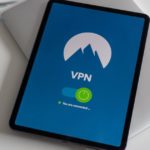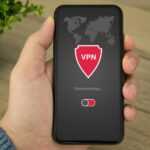A VPN, or Virtual Private Network, is an essential tool for anyone who wants to protect their online privacy. Using a VPN at school is a bit like trying to sneak a snack into class.
As a student, you may find yourself in need of a virtual private network (VPN) while on campus. Whether you're trying to access blocked content or just want a little extra security, a VPN can be a lifesaver. In this post, we'll show you how to install a VPN on a school computer. Keep reading for instructions!
Can a VPN Get Around School Blocks?
A VPN, or Virtual Private Network, is a tool that can be used to bypass internet filters and browse the web anonymously. Many schools and workplaces block certain websites, but a VPN can allow students and employees to access these blocked sites.
In order to use a VPN, students and employees simply need to connect to a VPN server. Once they are connected, they will be able to access any websites that have been blocked by the school or workplace. Additionally, their internet activity will be hidden from their school or workplace, making it difficult for them to be tracked.
A VPN is a great tool for students and employees who want to circumvent internet filters, but it is important to note that not all VPNs are created equal. Some VPNs are more likely to be detected by school and workplace filters, so it is important to choose a reputable VPN provider.
Additionally, some countries have strict internet censorship laws, so it is important to check whether using a VPN is legal in your country before connecting to a server.
Can My School See Through My VPN?
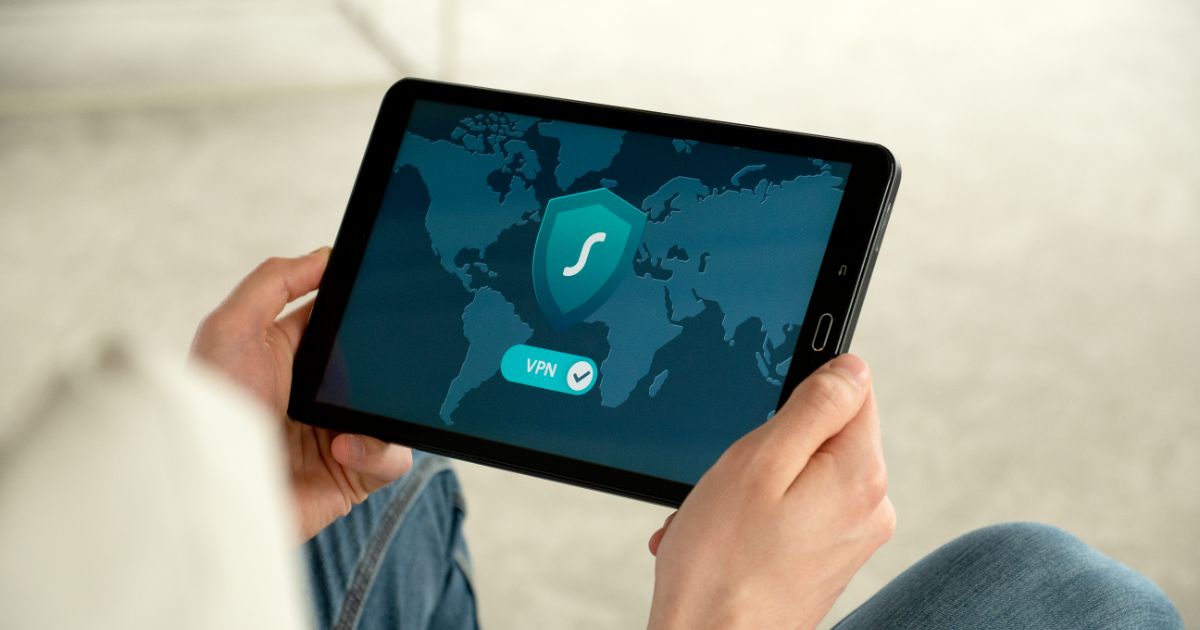
There's a lot that your school can find out about you. They can see what classes you're taking, what grades you're getting, and who your friends are. But there's one thing they can't see: what you're doing online.
When you connect to the internet through a VPN, your school can see that you're using a VPN but they won't be able to track your online activity. That means you can browse the web, check your email, and do all the things you love without worrying about your school snooping on you.
However, VPNs are not completely invisible. Your school's network administrator can see that you're using a VPN, and they may be able to block access to the service. So while a VPN can help you protect your privacy, it's not a perfect solution. If you're looking for complete anonymity, you'll need to take additional steps to cover your tracks.
How to Install a VPN on a School Computer
Installing a VPN on your school computer is a simple process. First, you'll need to sign up for a VPN service. There are many reputable providers available, so be sure to do your research. Once you've chosen a provider, you'll need to download and install the VPN software.
After the software is installed, you'll be prompted to enter your login credentials. Once you're logged in, you'll be able to choose from a variety of server locations. Be sure to select a location that's close to your school's network so that you can enjoy optimal performance.
Now you'll be able to access any website you want - no more blocked sites! Just keep in mind that your school's bandwidth may be slower than usual because you're routing your traffic through a VPN server.
So, if you're trying to stream video or do other bandwidth-intensive activities, you may need to adjust your settings or connect to a different server location.
FAQ
Are VPNs allowed in school?
When it comes to school and VPNs, it really depends on your school's policy. Some schools allow VPNs while others do not. However, using a VPN in school is probably not illegal. So if you're wondering whether or not you can use a VPN in school, the answer is: it depends.
Why can't I use a VPN on my school Wi-Fi?
There are a few reasons why your school might block VPN access. First, VPNs can be used to bypass internet filters and access blocked websites. This means that students could use VPNs to circumvent the school's website restrictions and visit sites that are inappropriate for school.
Second, VPNs can encrypt internet traffic, making it more difficult for the school to monitor what students are doing online. This could pose a security risk if students are accessing sensitive information or visiting sites that could harm the network.
Finally, VPNs can slow down the internet connection, making it more difficult for other students to access the resources they need.
Will my school know if I use VPN?
There's a good chance that your school knows if you use a VPN. Schools are becoming increasingly savvy when it comes to detecting VPNs. After all, they can see what IP address you're using to access their network.
How can I unblock school websites without VPN?
If you're trying to access a school website and you don't have a VPN, there's a simple workaround that you can use. A proxy app will allow you to route your traffic through a different server, bypassing any restrictions that have been put in place.
There are many different proxy apps available, so be sure to choose one that is trustworthy and has good reviews. Once you've installed the app, simply enter the URL of the school website that you want to access. The proxy app will then route your traffic through its own servers, giving you full access to the site.
Final Thoughts
Now that you know how to install a VPN on a school computer, it's time to put your new skills to the test. Remember, a VPN can be a great way to bypass internet censorship and ensure that you can access all of your favorite websites and apps.
However, it's important to use a reputable VPN service in order to avoid any potential security risks. With that in mind, we hope that this guide has been helpful and that you're now able to safely and securely browse the web from your school computer.
- A 2022 Guide: How to Install a VPN on a School Computer - September 26, 2022
- The 6 Best Countries For VPN Connections While Browsing (2022) - August 23, 2022
- NordLynx Vs OpenVPN: Pros and Cons (2022) - August 22, 2022
